Receiving the best education on your way to becoming a Board Certified Behavior Analyst (BCBA) means choosing a program accredited by the Association for Behavior Analysis International (ABAI) that gives you the tools you need to succeed. Passing the BCBA exam is the first step in your career, and the right program will help you achieve your goal of becoming an Applied Behavior Analyst (ABA).
The University of Houston at Clear Lake stands out for its balanced program and 100% BCBA exam pass rate. They offer plenty of hands-on training, and the university is widely acclaimed for its excellent results.
Each of the programs I’ve listed here is ABAI-accredited and has an above-average BCBA exam pass rate. In this guide, I’ll go over ten programs to help you pass the BCBA exam and achieve your academic and career goals.
Degree Programs to Explore
- University of Houston at Clear Lake
- Simmons University
- Caldwell University
- Cambridge College Boston
- Northern Illinois University
- St. Cloud State University
- Oregon Institute of Technology
- California State University
- University of North Carolina
- Florida State University
1. University of Houston at Clear Lake
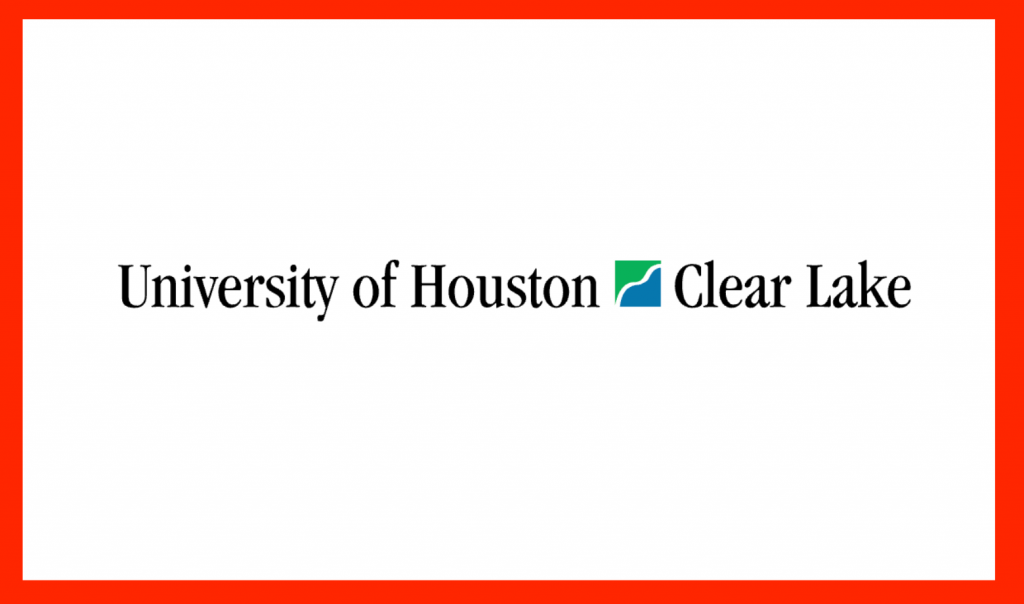
The University of Houston at Clear Lake had a 100% BCBA exam pass rate in 2019 and 2020, ranking it among the best universities for ABA therapy. Its well-balanced program combines coursework, research, and practical experience in the field.
The program emphasizes hands-on training, including at their Center for Autism and Developmental Disabilities, which contributes to its high pass rate. The program offers a strong foundation for students who want to get their Ph.D. and those taking the exam after graduation.
As one of the most widely acclaimed programs available, it earns its place as the featured program in this guide. It’s also fairly affordable at an average of $9,031 per year for in-state students and $18,337 for out-of-state.
2. Simmons University
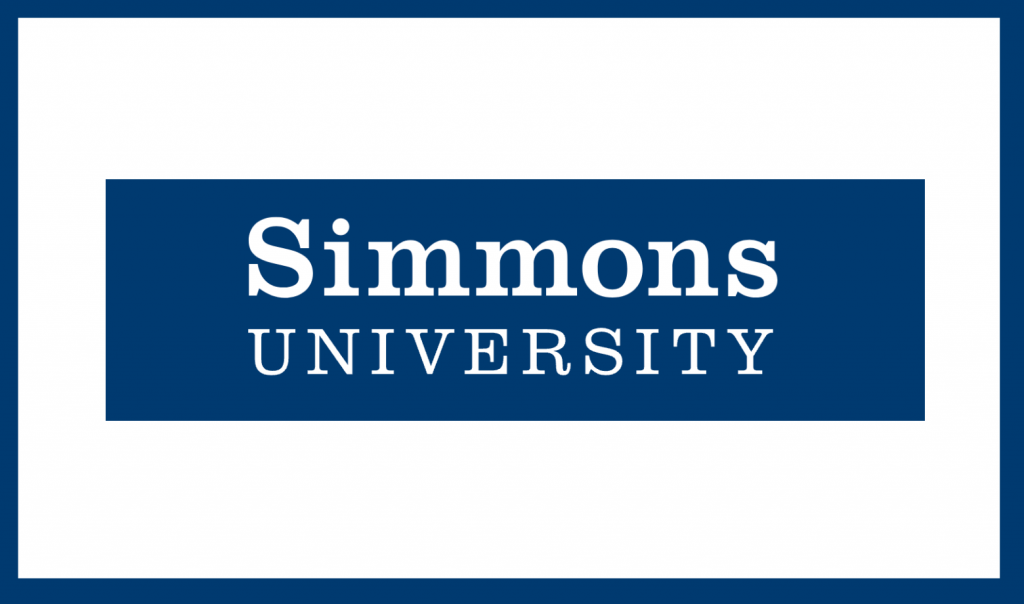
Simmons University offers MS, Ed.S., and Ph.D. programs in Behavior Analysis both on-campus and online. It boasts the lowest student-to-faculty ratio at 7:1, allowing for more individualized attention.
Simmons is a women-centric university that focuses on empowering women in their education and careers. However, they accept applications from people of all genders.
The program focuses on helping students keep up with the most recent research in the ABA field and prepare them to make strides in their careers. Over 23 months, students learn about everything from research and analysis to advanced ABA topics. Mentoring and supervision hours are also included.
Simmons is more expensive than most other universities on this list at about $21,726 per year for its master’s program alone.
3. Caldwell University

Caldwell University offers several ABA degrees, including:
- Combined BA in Psychology/MA in Applied Behavior Analysis
- MA in Applied Behavior Analysis
- Post-Master’s in Applied Behavior Analysis
- Ph.D. in Applied Behavior Analysis
These programs prepare students to work in many environments, including special education. Students complete a research thesis, as well as a capstone that includes completion of a survey and original thesis in their specific area of ABA.
Caldwell’s program also takes longer to complete than most due to the degree requirements, but 96% of students would recommend it. Because the school is also more expensive than others at $44,775 for the MA alone, it may not work for students looking for a more affordable option.
4. Cambridge College Boston
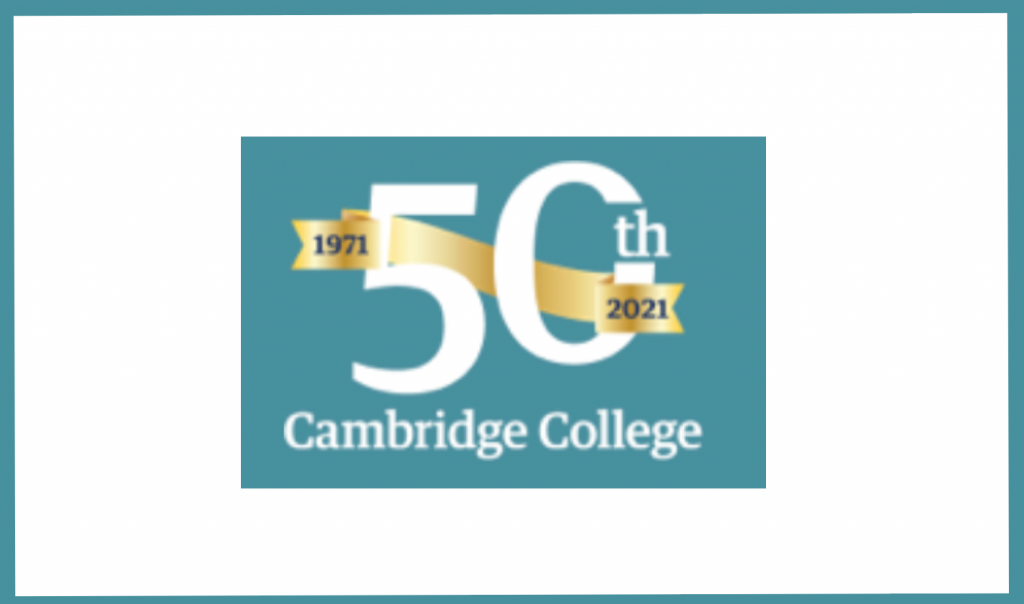
Cambridge College’s program focuses on ABA applied to autism. Its online, evening, and weekend courses are designed to accommodate students who don’t go to school full-time.
The program prepares students for the BCBA exam with general ABA principles and education and working with autistic individuals. While the program works well for people who want to focus on autism in their careers, it doesn’t help as much toward working with people with other developmental disabilities, which may deter some students.
5. Northern Illinois University
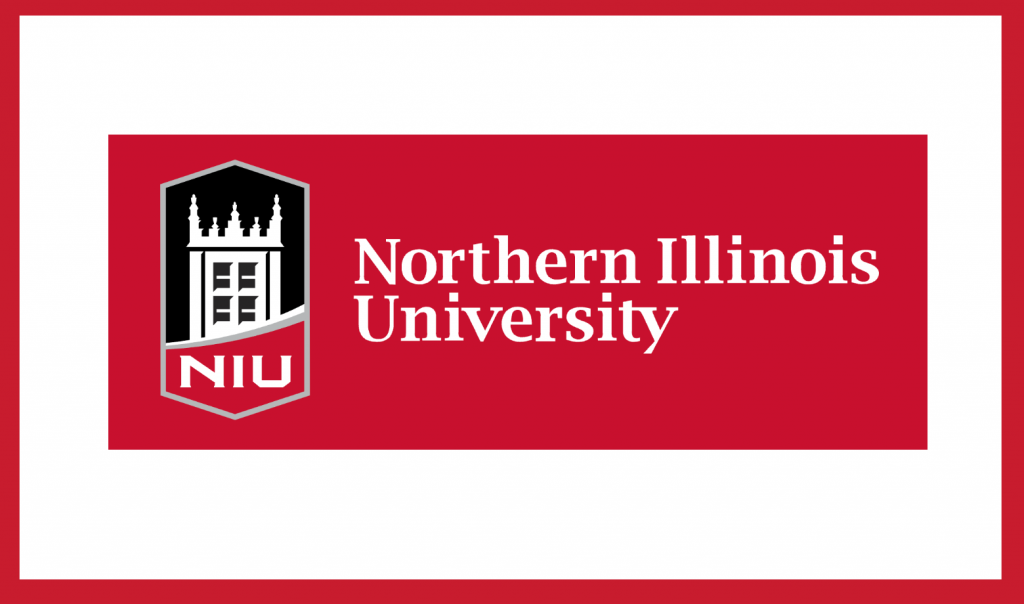
Northern Illinois University is an excellent option for students who want to use their degree to work in special education. Their Special Education-Behavior Analysis Specialization program offers courses that help students learn how to support children with disabilities and their families.
Although the program only offers a master’s degree, as opposed to a Ph.D. or combination degree, 90% of graduates get a job in their field within the first year after program completion.
6. St. Cloud University

St. Cloud University’s online ABA program is convenient for students who can’t make it to campus every day. It also has the highest pass rates for the BCBA exam of any online program. The program has all PhD-level instructors, allowing students to take advantage of their extensive experience.
Because this is an online program and the school has a higher student-to-faculty ratio at 22:1, it may be harder to get individualized attention. It also offers fewer specialization options compared to other programs.
7. Oregon Institute of Technology
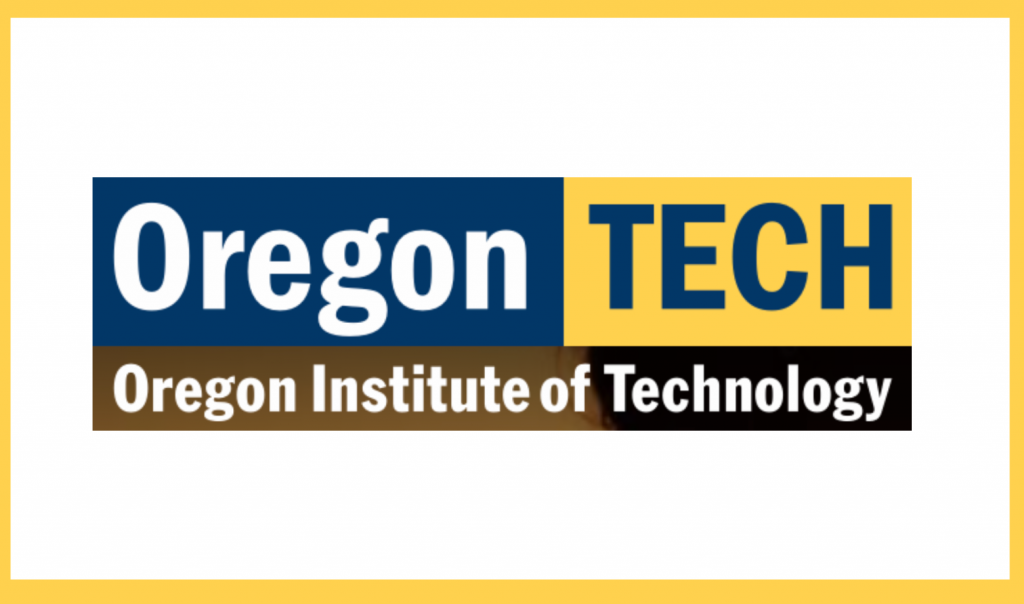
Oregon Institute of Technology is home to Oregon’s only ABA master’s program. It offers a paid position to approved agencies for all students to make it easier to get the necessary supervised hours and experience they need in the ABA field before applying for the BCBA exam.
The program has a BCBA course sequence and practicum to help students prepare for the exam. It prepares students to work in many positions, whether in special education, a person’s home, or a clinic.
Unfortunately, the program doesn’t offer concentrated studies since it’s the only one in the area.
8. California State University

California State University at Sacramento prepares students to earn their Ph.D. in ABA by offering networking opportunities, guest speakers, professional conferences, and other resources through the school. It helps students aiming to get into many areas of ABA, whether they plan to become caseworkers, behavioral consultants, or work in special education.
Students can participate in research opportunities through the school, allowing them to further their education independently. However, with a high student-to-faculty ratio at 25:1, it may be harder to get one-on-one help. The program also has no online degree option, which may make the program inaccessible to some students.
9. University of North Carolina

At about $4,720 per year for North Carolina residents and $18,548 for out-of-state students, the University of North Carolina at Wilmington has some of the lowest tuition in the US while still offering a high-quality education.
The program emphasizes intervention services for people with developmental disabilities. Students complete 53 credit hours of coursework, which includes research and applied practicums and an empirical thesis. The school offers a six-month, 1000-hour internship after course completion, too.
Students looking for a specific emphasis on an area of ABA other than intervention services may want to look into a different program. UNCW has fewer program options than other schools, but the one it offers may work for students who want a more low-cost program.
10. Florida State University
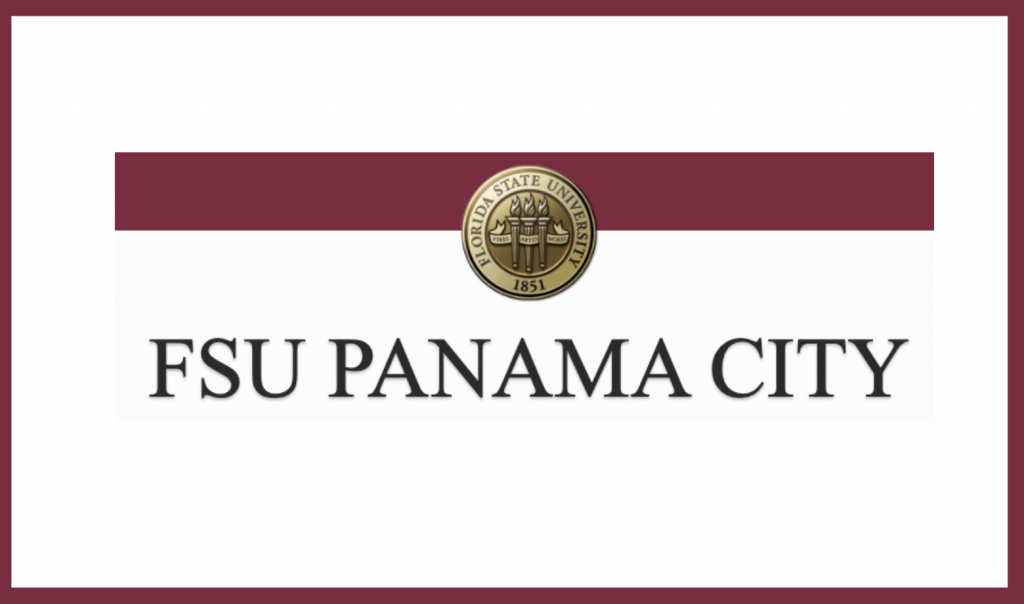
Florida State University at Panama City offers a five-semester program that ends with students creating a professional portfolio to show their skills in ABA. When students get placed with behavior analytic agencies, they receive assistantships and tuition waivers to make their education more accessible.
With several ABA-trained Ph.D. faculty on campus, students have all the resources they need for their education. As a limited access program, only a certain number of students can enter it each year. Prospective students should have a backup program option.
How Do I Decide Which Degree Program Is the Best for Me?

While each of these programs has something great to offer for students studying applied behavior analysis, they aren’t all right for everyone. Look at these criteria to find the one that works best for your career goals and academic requirements.
Degrees and Opportunities Offered
Before you apply, consider your goals and which programs can best help you achieve them.
Some schools only offer a master’s program. If you intend to earn your PhD., you might consider going to a university that also offers a degree program for that. Otherwise, you’ll need to look elsewhere to take that next step in your education.
Some programs, like California State, offer more networking opportunities and professional conferences to help you meet other professionals in the ABA field. Others focus on different areas of ABA, like working in special education at Northern Illinois University.
Consider what kinds of classes you need to make your degree work for you. Many universities offer online programs or weekend classes to accommodate students who work full-time, while others don’t have an online option.
Cost
When looking for a university program, don’t forget the more affordable options. Many of them offer just as much, if not more, high-quality education compared to pricier programs.
Some schools, like Simmons, offer scholarships, grants, and loans to help you pay tuition and fees. If you want to go to a more expensive school and can’t afford it, look at those options before writing it off.
Location
You may have to travel for your ABA education. Some states, like Oregon, only have one ABA program. Other areas have several in the same city, like Boston.
Consider the area’s career potential and the resources available to you outside of academics. Are there conferences? Networking opportunities? Jobs in your chosen field? All of these play significant roles in your experience and meeting your goals.
Pass Rate
A university’s BCBA exam pass rate can tell you more about the quality of the education you’ll receive through a given program. The average BCBA pass rate is 65%.
To have the best chance of passing the BCBA exam on the first try, look at schools with above-average pass rates, like those on this list. The University of Houston at Clear Lake stands out as one of few with a 100% pass rate, though many are well over 90%.
Class Ratio
With a smaller student-to-faculty ratio, you get more individualized attention and extra help if you need it. Smaller class sizes also help students learn more successfully, which increases their chances of passing the BCBA exam on the first try. Small classes also lead to increased participation, better communication, and an improved program experience.
Conclusion
When searching for the right BCBA and ABA therapy degree program for you, consider the unique factors that inform your experience. Although these universities offer excellent options for your degree, many other programs can help you pass the BCBA exam on the first try.
I hope this guide provides a helpful resource for you to decide which program will benefit you most. If you have questions or want to recommend another degree program, leave a comment below! You can also email me directly. I’d love to hear from you!
